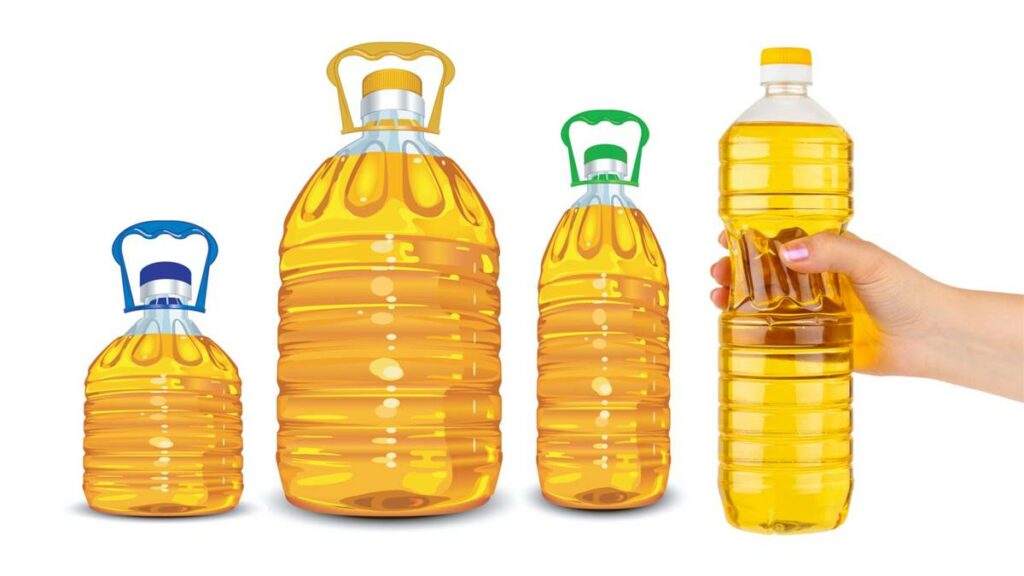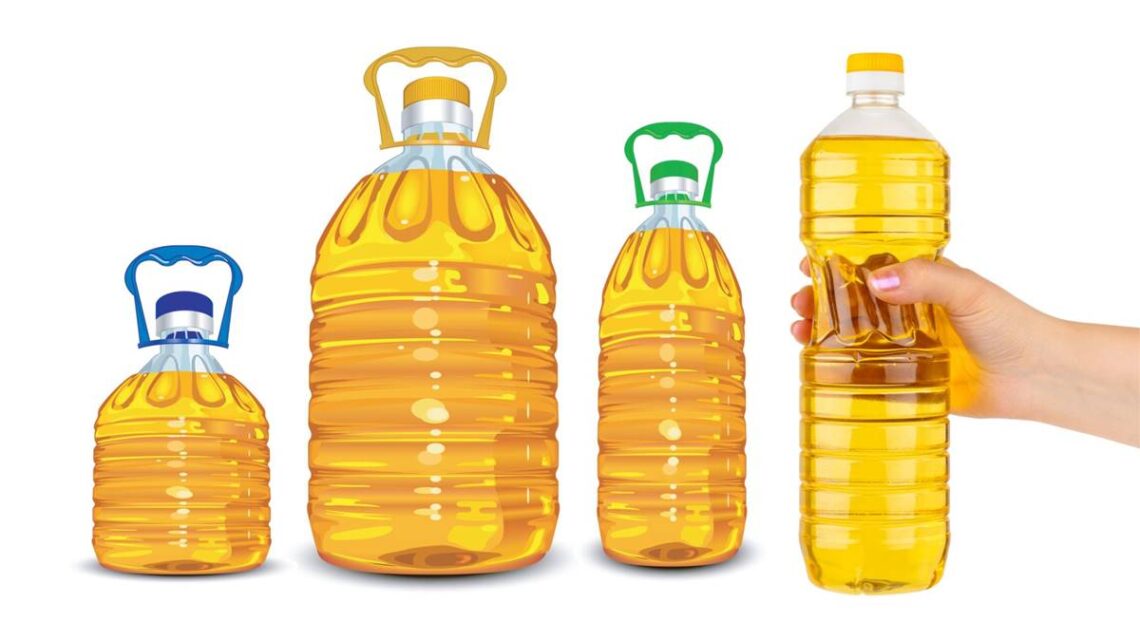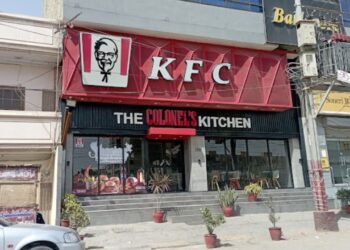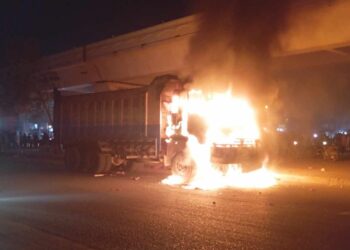There is a shortage of cooking oil and ghee expected in the country together with increased prices for these commodities ahead of the holy month of Ramadan as banks are refusing letter of credit (LCs) and retiring documents for clearance of goods despite these raw materials being listed as essential items by the State Bank of Pakistan (SBP).

According to Dawn, the producers of cooking oil and ghee are running out of palm, sunflower, and soybean oil following banks’ refusal to open letter of credit (LCs) for the clearance and import of these raw materials.
There is around 358,000 tonnes of edible oil stuck at Customs Bonded Warehouses due to refusal of requests for opening LCs and retirement of documents. Meanwhile, the banks have told importers that edible oil has been excluded from list of ‘Essential Items’ with immediate effect by the State Bank of Pakistan (SBP).
The importers and manufacturers have sought the intervention of the State Bank of Pakistan (SBP) for the opening of LCs and clearance of goods as importers are late payments due to refusal of LCs is attracting late payment surcharge and demurrage by foreign suppliers, which is made worse by devaluation of rupee, making imports even costlier and will eventually result in an increase in the price of cooking oil and ghee in the country.
The Pakistan Vanaspati Manufacturers Association (PVMA) Secretary General, Umer Islam Khan, has already stated that palm oil prices have gone up by Rs. 14,000 per maund from Rs. 13,000, which translates to a hike of Rs. 26 per litre in prices for ghee and cooking oil.
Coupled with the issue of LCs retirement, the PVMA Secretary General said that consumers would face another price hike of Rs. 15-20 per litre in prices. Therefore, he called on authorities to resolve the issue in order to avoid an oil crisis ahead of Ramadan, which is expected to start in the third week of March.
Follow INCPAK on Facebook / Twitter / Instagram for updates.

















